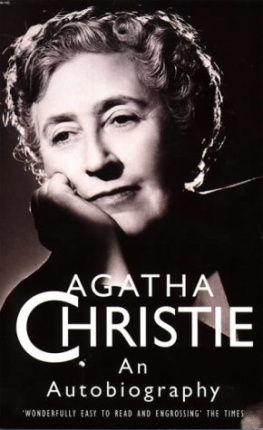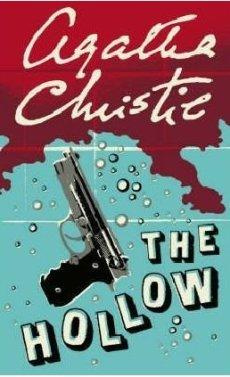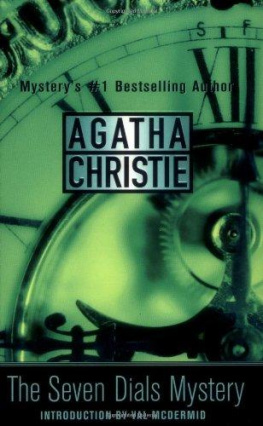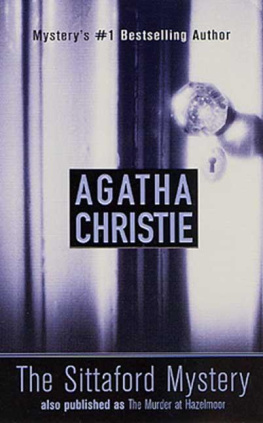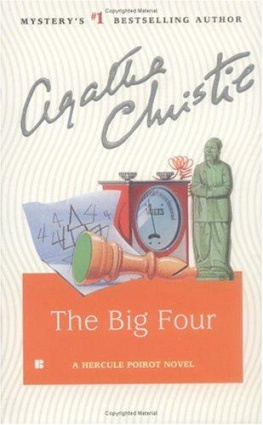Agatha Christie - Yowards Zero
Here you can read online Agatha Christie - Yowards Zero full text of the book (entire story) in english for free. Download pdf and epub, get meaning, cover and reviews about this ebook. genre: Detective and thriller. Description of the work, (preface) as well as reviews are available. Best literature library LitArk.com created for fans of good reading and offers a wide selection of genres:
Romance novel
Science fiction
Adventure
Detective
Science
History
Home and family
Prose
Art
Politics
Computer
Non-fiction
Religion
Business
Children
Humor
Choose a favorite category and find really read worthwhile books. Enjoy immersion in the world of imagination, feel the emotions of the characters or learn something new for yourself, make an fascinating discovery.

- Book:Yowards Zero
- Author:
- Genre:
- Rating:3 / 5
- Favourites:Add to favourites
- Your mark:
- 60
- 1
- 2
- 3
- 4
- 5
Yowards Zero: summary, description and annotation
We offer to read an annotation, description, summary or preface (depends on what the author of the book "Yowards Zero" wrote himself). If you haven't found the necessary information about the book — write in the comments, we will try to find it.
Yowards Zero — read online for free the complete book (whole text) full work
Below is the text of the book, divided by pages. System saving the place of the last page read, allows you to conveniently read the book "Yowards Zero" online for free, without having to search again every time where you left off. Put a bookmark, and you can go to the page where you finished reading at any time.
Font size:
Interval:
Bookmark:
Agatha Christie
Towards Zero
Prologue: November 19th
The group round the fireplace was nearly all composed of lawyers or those who had an interest in the law. There was Martindale the solicitor, Rufus Lord, K.C., young Daniels who had made a name for himself in the Carstairs case, a sprinkling of other barristers, Mr. Justice Cleaver, Lewis of Lewis and Trench and old Mr. Treves. Mr. Treves was close on eighty, a very ripe and experienced eighty. He was a member of a famous firm of solicitors, and the most famous member of that firm. He had settled innumerable delicate cases out of court, he was said to know more of backstairs history than any man in England and he was a specialist on criminology.
Unthinking people said Mr. Treves ought to write his memoirs. Mr. Treves knew better. He knew that he knew too much.
Though he had long retired from active practice, there was no man in England whose opinion was so respected by the members of his own fraternity. Whenever his thin precise little voice was raised there was always a respectful silence.
The conversation now was on the subject of a much talked-of case which had finished that day at the Old Bailey. It was a murder case and the prisoner had been acquitted. The present company was busy trying the case over again and making technical criticisms.
The prosecution had made a mistake in relying on one of its witnesses old Depleach ought to have realised what an opening he was giving to the defence. Young Arthur had made the most of that servant girl's evidence. Bentmore, in his summing-up, had very rightly put the matter in its correct perspective, but the mischief was done by then the jury had believed the girl. Juries were funny you never knew what they'd swallow and what they wouldn't. But let them once get a thing into their heads and no one was ever going to get it out again. They believed that the girl was speaking the truth about the crowbar and that was that. The medical evidence had been a bit above their heads. All those long terms and scientific jargon damned bad witnesses, these scientific johnnies always hemmed and hawed and couldn't say yes or no to a plain question always "in certain circumstances that might take place" and so on!
They talked themselves out, little by little, and as the remarks became more spasmodic and disjointed, a general feeling grew of something lacking. One head after another turned in the direction of Mr. Treves. For Mr. Treves had as yet contributed nothing to the discussion. Gradually it became apparent that the company was waiting for a final word from its most respected colleague.
Mr. Treves, leaning back in his chair, was absent-mindedly polishing his glasses. Something in the silence made him look up sharply.
"Eh?" he said. "What was that? You asked me something?"
Young Lewis spoke.
"We were talking, sir, about the Lamorne case."
He paused expectantly.
"Yes, yes," said Mr. Treves. "I was thinking of that."
There was a respectful hush.
"But I'm afraid," said Mr. Treves, still polishing, "that I was being fanciful. Yes, fanciful. Result of getting on in years, I suppose. At my age one can claim the privilege of being fanciful, if one likes."
"Yes, indeed, sir," said young Lewis, but he looked puzzled.
"I was thinking," said Mr. Treves, "not so much of the various points of law raised though they were interesting very interesting if the verdict had gone the other way there would have been good grounds for appeal, I rather think but I won't go into that now. I was thinking, as I say, not of the points of law, but of the well, of the people in the case."
Everybody looked rather astonished. They had considered the people in the case only as regarding their credibility or otherwise as witnesses. No one had even hazarded a speculation as to whether the prisoner had been guilty or as innocent as the court had pronounced him to be.
"Human beings, you know," said Mr. Treves thoughtfully. "Human beings. All kinds and sorts and sizes and shapes of 'em. Some with brains and a good many more without. They'd come from all over the place, Lancashire , Scotland that restaurant proprietor from Italy , and that school-teacher woman from somewhere out Middle West. All caught up and enmeshed in the thing and finally all brought together in a court of law in London on a grey November day. Each one contributing his little part. The whole thing culminating in a trial for murder."
He paused and gently beat a delicate tattoo on his knee.
"I like a good detective story," he said. "But, you know, they begin in the wrong place! They begin with the murder. But the murder is the end. The story begins long before that years before, sometimes with all the causes and events that bring certain people to a certain place at a certain time on a certain day. Take that little maid-servant's evidence if the kitchen-maid hadn't pinched her young man she wouldn't have thrown up her situation in a huff and gone to the Lamornes and been the principal witness for the defence. That Guiseppe Antonelli coming over to exchange with his brother for a month. The brother is as blind as a bat. He wouldn't have seen what Guiseppe's sharp eyes saw. If the constable hadn't been sweet on the cook at No. 48, he wouldn't have been late on his beat "
He nodded his head gently: "All converging towards a given spot And then, when the time comes over the top! Zero Hour. Yes, all of them converging towards zero "
He repeated. "Towards zero " Then gave a quick little shudder. "You're cold, sir; come nearer the fire."
"No, no," said Mr. Treves. "Just someone walking over my grave, as they say. Well, well, I must be making my way homewards."
He gave an affable little nod and went slowly and precisely out of the room.
There was a moment of dubious silence and then Rufus Lord, K.C., remarked that poor old Treves was getting on.
Sir William Cleaver said: "An acute brain a very acute brain but Anno Domini tells in the end."
"Got a groggy heart, too," said Lord. "May drop down any minute, I believe."
"He takes pretty good care of himself," said young Lewis.
At that moment Mr. Treves was carefully stepping into his smooth-running Daimler. It deposited him at a house in a quiet square. A solicitous butler-valet helped him off with his coat. Mr. Treves walked into his library, where a coal fire was burning. His bedroom lay beyond, for out of consideration for his heart he never went upstairs.
He sat down in front of the fire and drew his letters towards him. His mind was still dwelling on the fancy he had out-lined at the Club.
"Even now," thought Mr. Treves to himself, "some drama some murder to be is in course of preparation. If I were writing one of these amusing stories of blood and crime, I should begin now with an elderly gentleman sitting in front of the fire opening his letters going unbeknownst to himself 'towards zero '"
He slit open an envelope and gazed down absently at the sheet he abstracted from it.
Suddenly his expression changed. He came back from romance to reality.
"Dear me," said Mr. Treves. "How extremely annoying! Really, how very vexing! After all these years! This will alter all my plans."
"Open the Door and Here Are the People"
January 11th .
The man in the hospital bed shifted his body slightly and stifled a groan.
The nurse in charge of the ward got up from her table and came down to him. She shifted his pillows and moved him into a more comfortable position.
Angus MacWhirter only gave a grunt by way of thanks. He was in a state of seething rebellion and bitterness.
By this time it ought all to have been over. He ought to have been out of it all! Curse that damned ridiculous tree growing out of the cliff! Curse those officious sweethearts who braved the cold of a winter's night to keep a tryst on the cliff edge.
Font size:
Interval:
Bookmark:
Similar books «Yowards Zero»
Look at similar books to Yowards Zero. We have selected literature similar in name and meaning in the hope of providing readers with more options to find new, interesting, not yet read works.
Discussion, reviews of the book Yowards Zero and just readers' own opinions. Leave your comments, write what you think about the work, its meaning or the main characters. Specify what exactly you liked and what you didn't like, and why you think so.

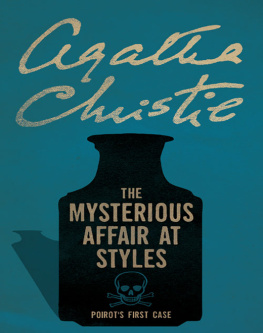
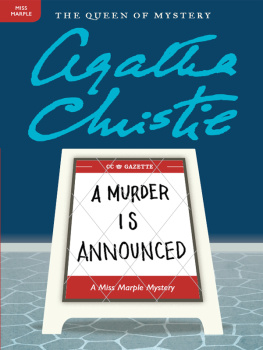
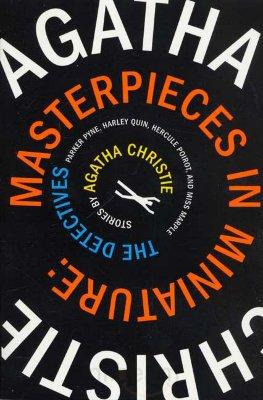
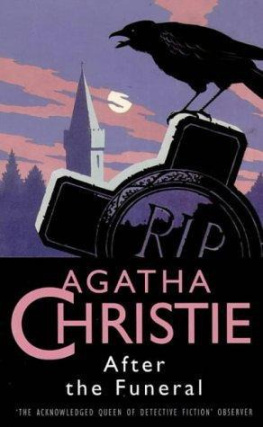
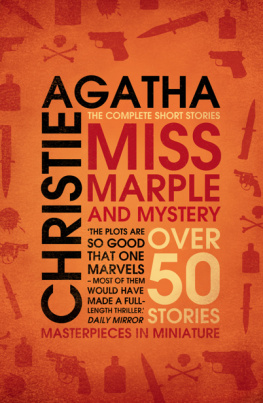
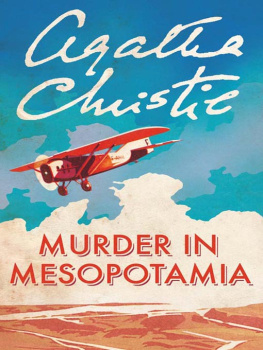
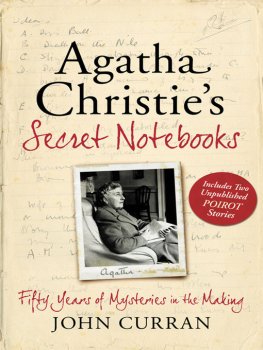
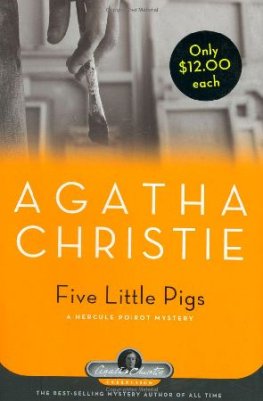
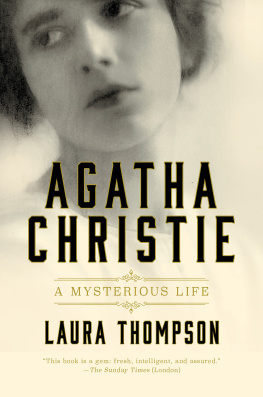

![Agatha Christie [Agatha Christie] - Problem at Pollensa Bay](/uploads/posts/book/140367/thumbs/agatha-christie-agatha-christie-problem-at.jpg)
